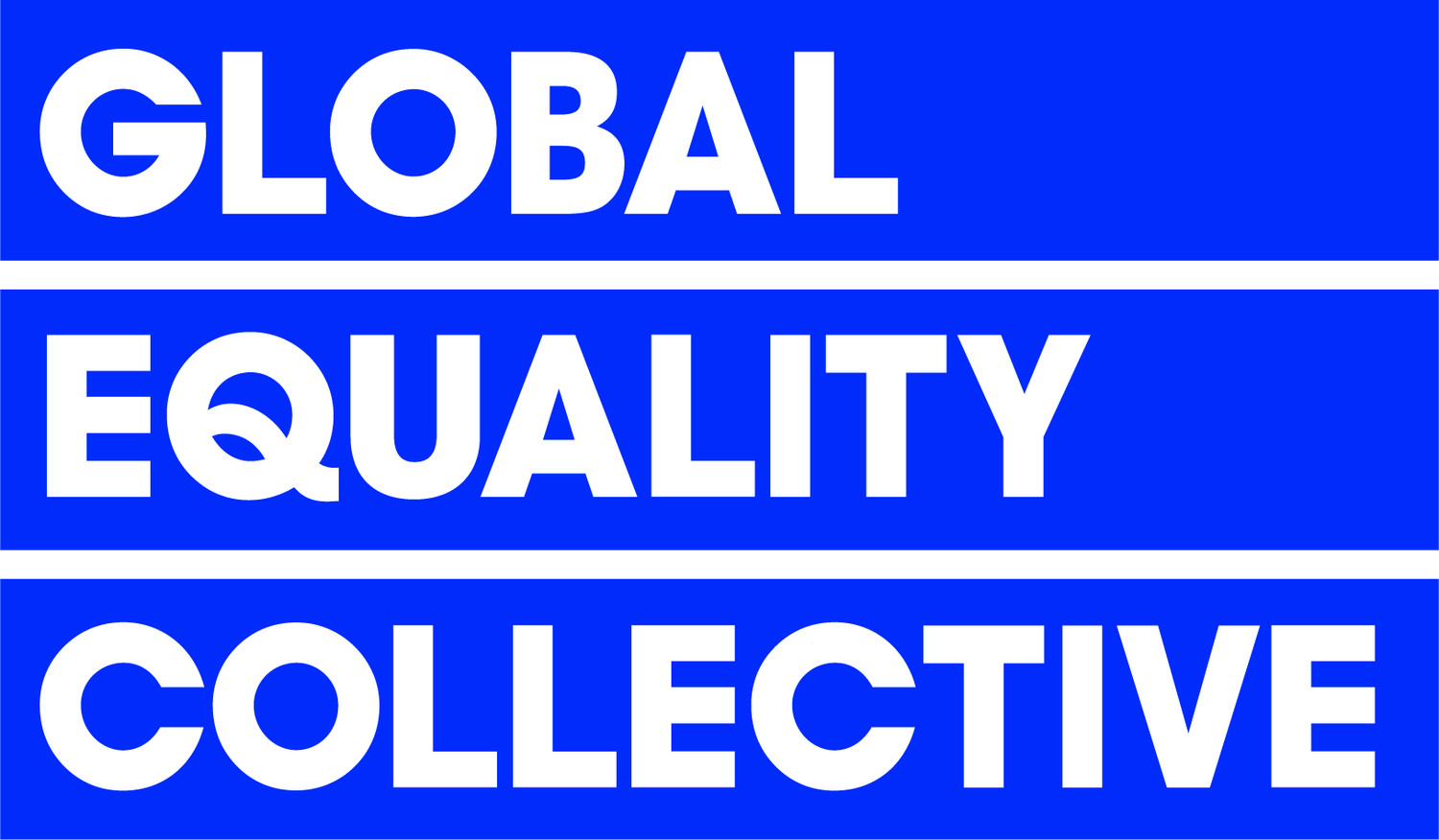GEC Inclusion Index - Staff - Key Behavioural Area 1
Belonging
“I feel like I belong here.”
Only 63.8% agree
⬇ Worsening concern
So what?
Belonging is not a bonus in the workplace — at the GEC we know it’s the emotional bedrock that supports performance, wellbeing, and retention. Yet, across our 26,000 Voices dataset, only 63.8% of staff agreed that they felt a sense of belonging in their school. That means more than a third of staff — thousands of professionals — are working in environments where they feel othered, overlooked, or excluded.
The staff qualitative responses speak volumes. For many, belonging is fragile — easily shaken by workplace culture, microaggressions, and a lack of visible representation. As one staff member shared:
“I feel like a guest in my own school. I do my job, but I never really feel part of it.”
Our Kaleidoscopic Data analysis highlights that Global Majority staff, particularly Black and South Asian colleagues, consistently reported lower belonging scores. These staff members described the pressure to code-switch, navigate stereotypes, or remain silent on issues of race to “keep the peace.”
“I’m constantly walking a tightrope. If I speak up, I’m seen as angry or difficult.”
Neurodivergent staff and those with disabilities also reported barriers to belonging — not only physical but attitudinal. Many felt that workplace policies were “tick box,” and lacked genuine understanding or dialogue.
“There’s an inclusion policy, but not one person has asked me what actually works for me.”
Staff who are LGBTQIA+ described similar dissonance, particularly in more conservative school cultures:
“I’m out to some staff, but not all. I edit myself constantly — even around students.”
The data reveals a broader culture of self-censorship, which contradicts the core message of authenticity and inclusion often stated in school values. In fact, those who selected “strongly disagree” on the belonging item often also reported feeling disadvantaged professionally and lacking trust in leadership.
Kaleidoscopic Data shows that intersectionality compounds exclusion. A staff member who is both disabled and from the Global Majority may experience exclusion in layers — where the impact of multiple identities results in cumulative disadvantage. One respondent noted:
“I’m a working-class, queer woman of colour. Every meeting reminds me I don’t fit the mold.”
Conversely, in schools with inclusive leadership, mentoring networks, and safe spaces, staff were far more likely to report positive belonging. These schools tended to have:
Open discussions around bias and equity
Flexible adjustments for access needs
Diverse leadership teams
Space for cultural, gender, and family identities
One respondent from such a setting said:
“I’m not just tolerated here. I’m valued. That’s why I stay.”
Belonging should never rely on individuals adapting to fit in — it should be about organisations adapting to include. Until we create environments where staff feel seen and respected as their whole selves, inclusion remains incomplete.
We must listen to what this data tells us: belonging is not soft — it is structural. And when it is absent, so too is equity.
Proven Solutions
The GEC Platform Solution:
By using anonymous, intersectional data, the GEC Platform surfaces how staff experience school culture based on identity, role, and setting. Leaders can then move from “what we think is happening” to “what staff are actually telling us.”
Key Insights from 26,000 Voices:
Only 37% of staff felt their school culture actively promoted inclusion.
Staff from the Global Majority and disabled staff were twice as likely to say school culture “rarely” reflected their values.
Positive culture scores correlated directly with higher staff retention and wellbeing.
Real Impact
“We thought we had an inclusive culture — until we saw the GEC data. It revealed quiet exclusions and inconsistent expectations across departments. It was a wake-up call that we needed.”
— Assistant Headteacher, London Borough Trust
Why It Works:
The GEC Platform makes the invisible visible. It doesn’t just collect data — it helps leaders use it to build cultures where every voice matters, and every team member can contribute fully.
In Their Words:
“An accessible, elegant and intuitive tool for any school leader looking to embed meaningful change within their context. The staff survey was simple to send out and provided us with a wealth of information for us to base our equality action plan on.”
— Woodbridge High School
Next Step:
If you’re serious about shaping an inclusive, values-led culture, have you tried our free GEC Score Card?
Have a look at how you do against our criteria for belonging in schools. We have aligned this to the most recent Ofsted Scorecard to allow you to get ahead of the curve! Boost School Inclusion with GEC's Ofsted Framework Tools
Alternatively, check out our founder, Dr Nicole Ponsford's recent article in Schools Week that helps explore the unmapped in schools. Read it here.





